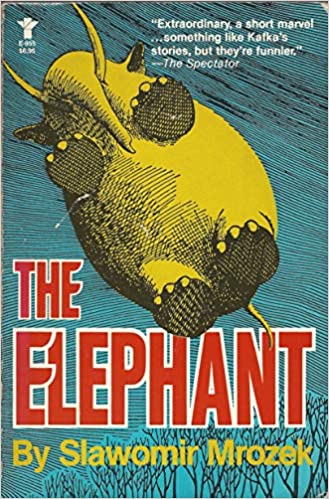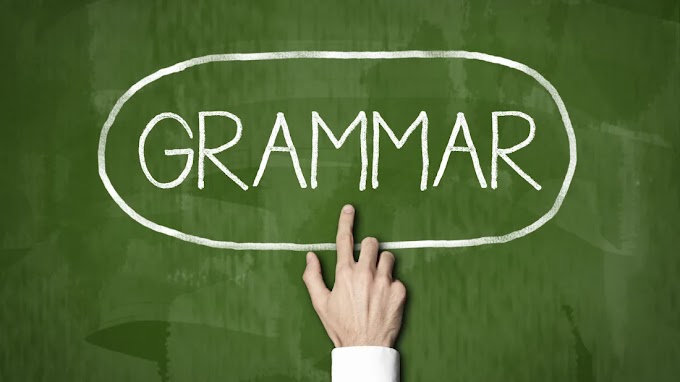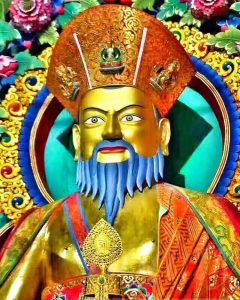Bhutan Civics - Chapter 4The Role of Monarch in a Democratic Constitutional Monarchy
ü Democratic Constitutional Monarchy was
instituted from 2008.
Qualifications/Criteria to ascend to the throne
ü Pass only to children born of lawful marriage.
ü Succession should be passed to the direct
descendents.
ü If there are short comings in the elder prince
or princesses, then Druk Gyalpo should select a most capable prince or
princesses to the throne.
ü Pass to the child of the Queen who is pregnant
at the time of the demised.
ü Pass to the younger if Druk Gyalpo has no
heir.
ü Not pass to children if he/she is mentally and
physically infirmity.
ü Not pass to a person whose marriage is with
outsider.
Above criteria are mentioned in article 2, Section 3 of the
Constitution.
Oath of Office
ü
Before
the enthronement, successor should receive Dar from the Machhen of Zhabdrung
Ngawang Namgyal at Punakha Dzong.
ü
Then
the successor will enthrone the throne.
ü After the ascension, Royal family and members
of parliament and Constitutional office holders should take an oath of
Allegiance to the Druk Gyalpo.This is mentioned in Article 2, Section 19 of the
Constitution.
Term of Reign
ü
The
successor can take over the throne from the age of 21 to 65 years,
ü
If the
heir is below 21 years and the Monarch is already 65 years, the Monarch will
continue it even after 65.
ü If the heir is below 21 years and if the
Monarch is unable to look after the state because of physical and mental
infirmity than the Council of Regency will look after the state till the heir
has attained 21 ye
Council of Regency
ü
The members of Council of Regency are:
i)
A
senior Member of the Royal Family nominated by the Privy Council.
ii)
The
Prime Minister.
iii)
The
Chief Justice of Bhutan.
iv)
The
Speaker.
v)
The Chairperson
of National Council; and
vi)
The
Leader of Opposition Party.
Abdication of the throne by Monarch
ü
2/3rd
of the total Member of Parliament should accept the motion.
ü
Then it
is included in the agenda.
ü
The
Monarch will command for the joint sitting.
ü
The
joint sitting will be presided over by the Chief Justice of Bhutan.
ü If the motion is approved by simple majority,
the Monarch can abdicate his throne.
Royal Privy Council
ü
There
are four members
ü
Two membersare
appointed by the Monarch.
ü
Another
is appointed by Lhengye Zhungtshog.
ü
Royal
Privy Council is responsible for:
i)
To look
after the privileges of the Monarch and the Royal Family.
ii)
To look
after the conduct of the Royal Family.
iii)
To
nominate a senior member of the Royal Family in Council of Regency.
iv)
To look
after all the matters related to crown properties.
v)
To look
after the matter commanded by the Monarch.
Royal Privileges and Entitlements:
ü
As per
the article 2, section 13 of the Constitution, the Monarch and the royal Family
have the following privileges and entitlements:
1.
Annuities
from the State.
2.
Provision
of Palaces and Residences.
3.
Exemption
from Taxations.
Powers of Monarch
The Monarch of the Bhutan has following powers:
i)
Legislative Power (Law-making)
-
The
Monarch is received with the chibdrel ceremony at the first session of the
parliament.
-
The
Monarch has the right to make his speech in any house or in the joint sitting.
-
Monarch
can send his message to both the houses and they should submit their opinion to
the Monarch.
-
Monarch
can command the Speaker and Chairperson for extraordinary sitting.
-
Any
bill passed by the parliament should get assent of the Monarch.
-
The
Monarch can amend or object the bill passed by the parliament and can ask for
joint sitting and resubmit for assent.
-
The
National Assembly can be dissolved on the recommendation of Prime Minister to
the Monarch.
ii)
Executive Power
-
The
Monarch has the power to make important appointments and award titles.
-
For
example, The Je Khenpo, Prime Minister, Council of Ministers, The Chairperson
of NC, Chief Justice of Bhutan and High Court, the Chairperson of RCSC and ACC,
etc.
-
The
Interim Government is appointed by the Monarch.
iii)
Judicial Power
-
The
Monarch appoints the member of the National Judicial Commission.
-
The
Monarch can grant amnesty, pardon and reduction of sentences.
-
The
Monarch can grant citizenship, land kidu and other kidus.
-
The
Supreme Court should submit its opinion to the Monarch on any question of law.
-
The
Monarch can exercise powers even on matters not enshrined in the Constitution
and other laws.
iv)
Military Power
-
The
Monarch is the supreme commander in-chief of the armed forces and the militia.
-
The
Monarch has the power to declare war.
-
Monarch
has the power to sign peace treaties or to reject other treaties in his or her
name.
v)
Financial Power
-
The
Monarch has power to use relief fund (fighting for urgent and unforeseen
crisis).
vi)
Diplomatic Power
-
The
Monarch is responsible for the promotion of goodwill and to receive state
guests to maintain good relations with other countries.
vii)
Emergency Power
-
The
Monarch can command a National Referendum if a bill of national importance is
not passed in joint sitting.
-
On the
written advice of Prime Minister, the Monarch can declare a state emergency
like security emergency, calamity emergency and financial emergency.
Relationship between the Monarch and the Council of Ministers:
Monarch is the Head of State and Prime Minister and the
Council of Ministers is the Head of the Government.
ü
The
Monarch appoints the Prime Minister and the Council of Ministers.
ü
The
Monarch has the power to remove the Ministers on recommendation of Prime
Minister.
ü
The
Monarch can remove the parliament if a vote of no confidence is passed by 2/3rd
majority against the government and if Prime Minister has violated the
Constitution.
ü
The
Prime Minister and Council of Minister run the government in the name of the
Monarch.
ü The Monarch, the Prime Minister and Council of
Ministers function closely for the wellbeing of the people.









0 Comments